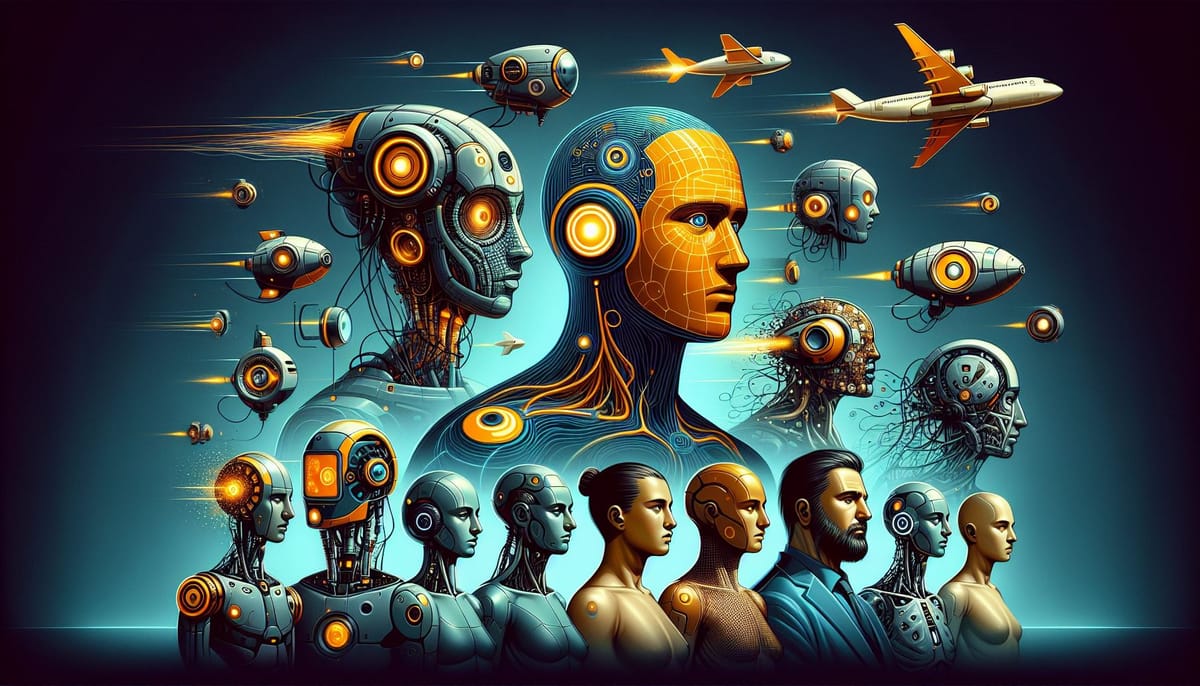Agents and AI: The Evolution of Intelligent Systems

In the realm of artificial intelligence (AI), the concept of agents plays a pivotal role in shaping how intelligent systems interact with and perceive their environment. Agents, which can range from simple programs to complex autonomous entities, are at the heart of many AI applications and have been instrumental in advancing the field to where it stands today.
What are Agents?
In the context of AI, an agent is an entity that perceives its environment through sensors and acts upon that environment through actuators. Agents can be classified based on their degree of autonomy and intelligence:
- Simple Reactive Agents: These agents operate based on a set of predefined rules and respond directly to environmental stimuli without any internal state or memory. They are limited in their ability to adapt to changing conditions.
- Model-Based Reflex Agents: These agents maintain an internal model of their environment and use it to make decisions. They can exhibit more complex behaviors and adaptability compared to simple reactive agents.
- Goal-Based Agents: These agents have explicit goals and can take actions to achieve them. They often use planning and reasoning to determine the best course of action.
- Learning Agents: These agents are capable of learning from experience and improving their performance over time. They can adapt to new tasks and environments through various learning techniques such as reinforcement learning and deep learning.
The Role of Agents in AI
Agents are fundamental to the development of AI systems for several reasons:
- Autonomy and Decision-Making: Agents enable AI systems to make decisions and take actions independently, leading to more efficient and effective operation in various domains.
- Adaptability and Flexibility: Agents can adapt to changing environments and requirements, allowing AI systems to perform well in dynamic and unpredictable scenarios.
- Interaction with Humans: Agents facilitate interaction between AI systems and humans, enabling natural and intuitive communication in applications such as virtual assistants and chatbots.
- Complex Problem Solving: Agents are capable of solving complex problems by breaking them down into smaller, more manageable tasks and coordinating their actions to achieve a common goal.
The Future of Agents and AI
As AI continues to advance, the role of agents is expected to become even more prominent. Future AI systems are likely to be characterized by even greater autonomy, adaptability, and intelligence, enabled by sophisticated agent-based architectures and learning algorithms.
In conclusion, agents are a fundamental concept in AI, shaping the development of intelligent systems and driving innovation in a wide range of applications. As researchers and developers continue to explore the capabilities of agents, we can expect to see further advancements in AI and the emergence of increasingly intelligent and autonomous systems.